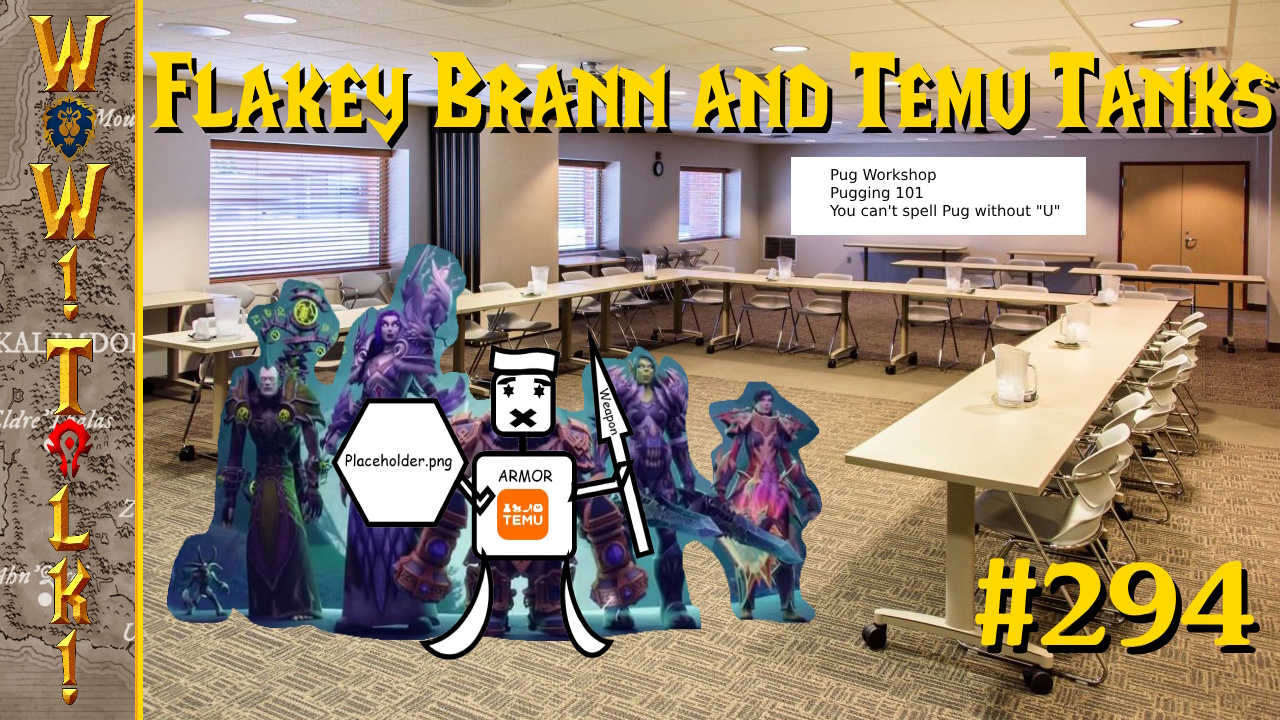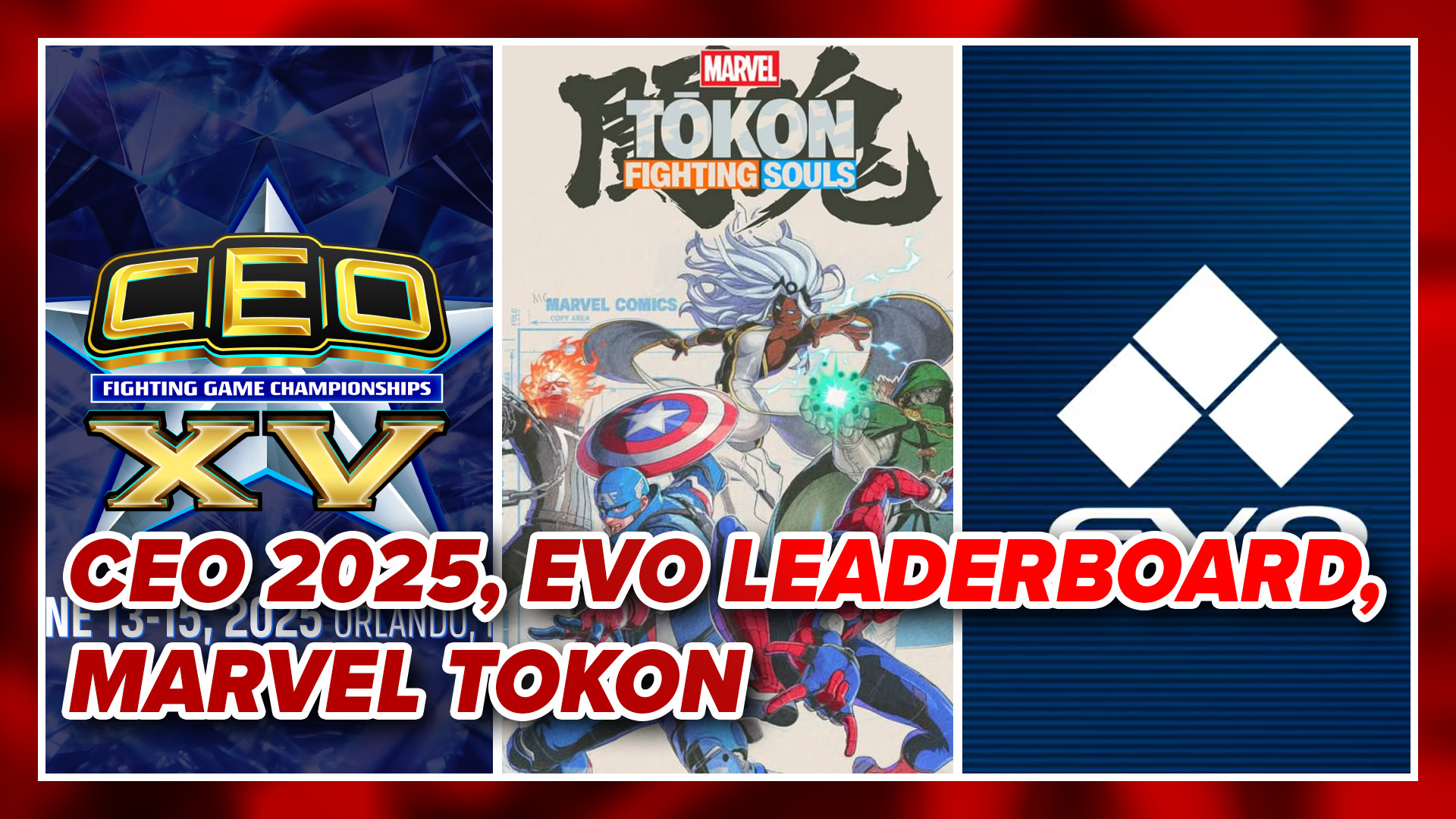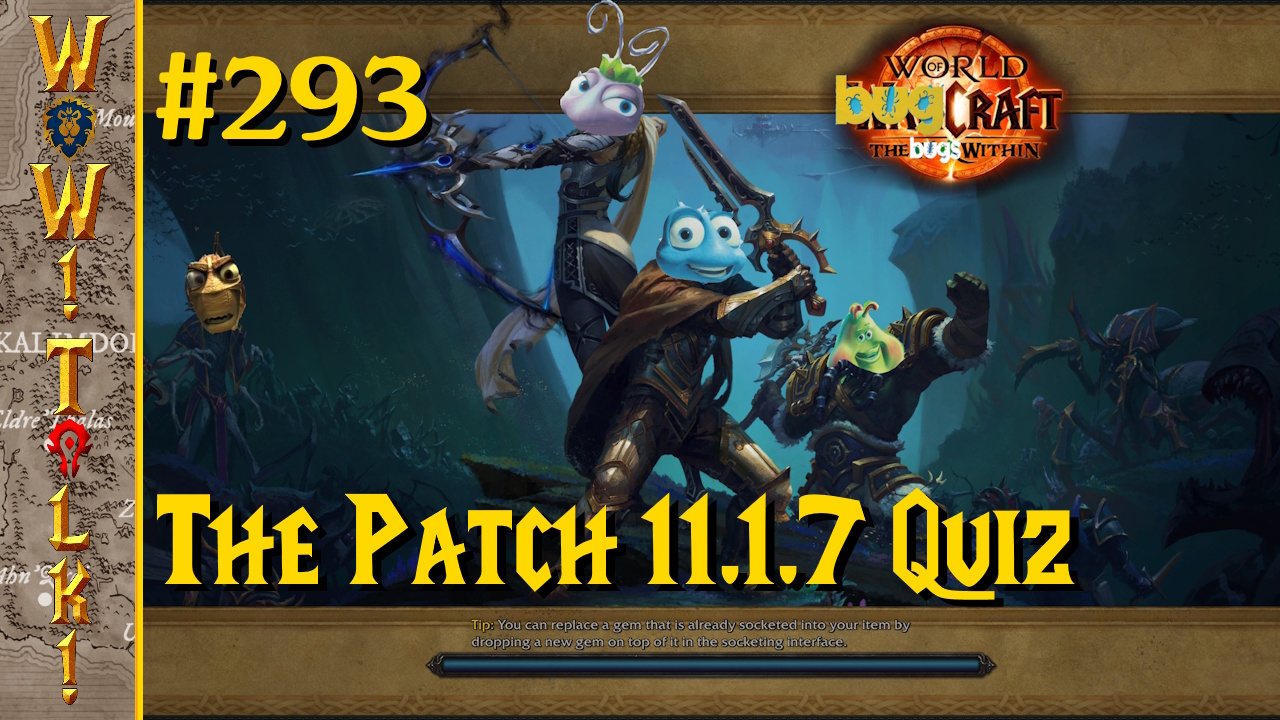
I don’t mean for this to be an advertisement, but there’s a sports bar franchise here in Georgia called Taco Mac. I first went there on a trip earlier this year while house hunting, and it was not long into my visit that I knew I would become a regular patron. What makes Taco Mac such an appealing place to go is not only that they have a varied and constantly changing beer selection, but also that they have a program called the Brewniversity. This is a membership that tracks how many different beers you have drunk, and then grants rewards at certain milestones. After thirteen different beers, I earned a t-shirt. When I hit seventy-five beers, I’ll get a mug. When I drink one thousand beers, my name will go on a plaque in the Taco Mac of my choice.
Drinking one thousand different beers is a time and money consuming proposition. Craft beers can be pricy, so I’ll be spending more money than I would if I just picked a cheap brew and kept drinking that. Also, you can only receive credit for six beers per visit (I’m sure for legal reasons, so they don’t appear to be encouraging people to overdrink just for a t-shirt). Assuming I drink my six beers each visit (and I haven’t been), it’s going to require 167 visits to reach my goal. Since I’m also usually getting food, the price of this endeavor climbs higher. Overall this is a vast undertaking. Especially since it’s just to get my name on a plaque.
I could always have had the goal of trying one thousand different beers, and I could track what I’ve drank on my own, possibly seeking out beers at cheaper venues than a sports bar. Becoming a connoisseur of beer, and having the experience of tasting so many different flavors is a noble pursuit. But it’s not one I expressly engaged in, or even had an interest in, until it was presented to me with rewards. As soon as I saw the flyer describing the beer club, I immediately imagined the golden light flashing around me as the framed window would pop up beneath me. “Nick has earned the Achievement ‘Drink 1000 beers.’” This was the first time I had so blatantly witnessed in person the achievement system we have known in games for years, and it blew my mind.
Gamification is nothing new. There are educators who are trying to use it to help students learn. As with Taco Mac, there are marketers using it to influence our purchasing decisions. However, to be confronted with such a program in such a direct manner, well, I wish I could say I was repulsed, but as a gamer and a fan of beer I could do nothing but look at the number 1,000 and think, “Challenge accepted!”
Achievements were a brilliant innovation in gaming. Give players extra tasks that are at best tangentially related to the primary gameplay, and suddenly, a game that might last ten hours can last infinitely longer — as players attempt feats that they otherwise wouldn’t have if not for there being a box to check off now. World of Warcraft is notorious for this.
Being an MMO that needs to find ways to keep players engaged, the achievement system was introduced with the Wrath of the Lich King expansion and has only grown since then. Players can earn titles, mounts, tabards, and pets from completing assorted achievements. Some of those achievements are challenging, like defeating a boss under conditions which make the fight harder. Some, like Scenaturday, simply ask a player to complete all specific content on Saturdays. There are many achievements that require a player to excel at different parts of the game, such as the Children’s Week Achievement “For the Children”. This meta-achievement asks players to do things such as kill a dungeon boss, do some daily quests, and also engage in PvP. Achievements are great for players and the game, so long as the achievements don’t put the players at cross-purposes with the game at large.
Regarding “For the Children”, attempting to earn some of the battleground achievements may force players to act in a manner detrimental to the overall battleground strategy (For example, players might rush to capture a tower rather than battle with the rest of their group). This is a situation where the achievement serves to frustrate both people trying to earn it and people who just happen to be standing nearby. The difficulty helps make such an achievement feel prestigious, since it requires effort to earn it, but the net effect is one of a negative experience for all involved. The same can be said for some of the more random achievements that require significant time and luck to complete. Attempting to fish up any of the rarer creatures and items in World of Warcraft can take seemingly forever, and the simple repetition of casting and recasting every twenty seconds can drive players crazy.
In some ways, overcoming that monotony makes earning the achievement a noteworthy task, but those kinds of tasks will force a player to question whether this activity is worth the reward. Developers need to be careful with such achievements, as while their intent is to test players and provide them with different experiences, the end result can be an angry rage-quit. Overall, though, World of Warcraft does a good job integrating its achievements into the playing experience — even if players may spend too long trying to bounce from landmine to landmine or kill 200 roaches in under a minute.
Some achievements are obvious and not much of an achievement at all; like those received for completing chapters in a story. Sure, players can only earn all the achievements by beating the game, but if the game is compelling enough to prompt a person to complete it the achievements aren’t going to provide extra incentive. These are mostly used to entice players to earn other achievements. If you see you’ve earned achievements for completing the story, you might be a completionist; and seeing that you’ve started earning achievements, you’ll want to earn all the others. This often leads to the meta-achievement for unlocking all the other achievements.
Some games, like Dragons Age: Origins or Saints Row the Third, provide achievements that encourage multiple play-throughs, although the story does that already. There are achievements for playing as different characters, or making different decisions at key points in the narrative. I’m naturally curious about the possible outcomes to various decisions, so I’ll be sure to go back and see just what would have been different by siding with different characters or choosing what should or shouldn’t be destroyed. In this case, the game itself offers the replayability, but the achievements help direct the player to ensure they are aware of that.
Achievements are a fun way of extending gameplay. Developers and publishers use them to ensure that we spend more time with their games, and we as players can get additional fun out of our games that might otherwise not have been evident. Still, there’s a fine line between worthy achievement and waste of time. So long as you know that the value you’ll get from unlocking that box is worth the time and effort invested, then achievements are beneficial. Once we start unlocking them for the sake of unlocking them, especially if the game isn’t fun anymore, then there’s a problem. So long as these sorts of enticements are used properly by developers and players alike, then they are one of gaming’s crowning achievements.




